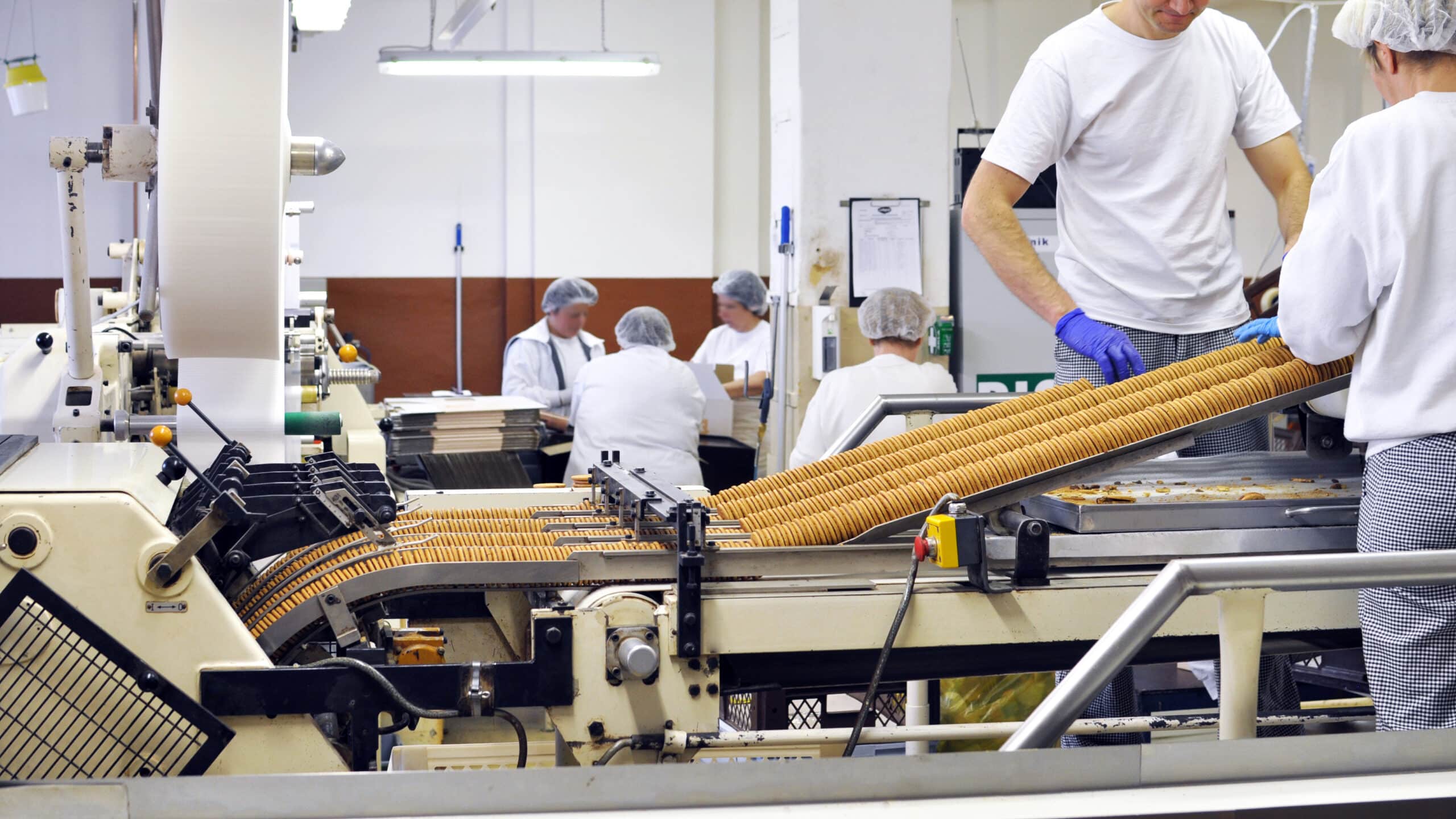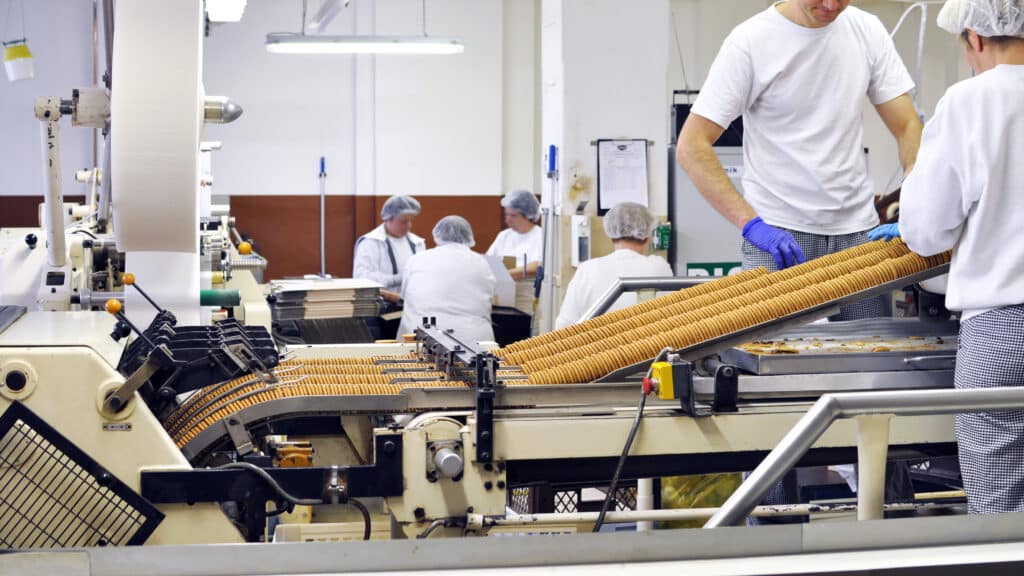GoodCorporation comments on the Welfare to Work scheme
Press statements | read time: 2 min
Published: 3 June 2013

“The key problem with the Government’s welfare-to-work scheme is that it places businesses in the spotlight, facing potential allegations of exploitation. Many large companies have invested considerable amounts of time and money cleaning up their own organisations and putting systems and processes in place to ensure that they employ people fairly and properly.
“They have also taken considerable steps to avoid sourcing from companies that use unpleasant and illegal work practices. Consequently many companies feel uncomfortable using a scheme that effectively offers free labour and requires them to employ people in a way they are simply not used to.
“A company’s reputation is its most valuable asset, so to be asked by Government to adopt a scheme that looks like damaging that asset is something they are understandably unhappy about.
“Government needs to amend this scheme to ensure that the firms involved can top up the benefits of those taking part so that their income equates to the minimum wage. This would ensure that the scheme not only provides valuable work experience for those taking part, but also protects the reputation of the companies involved by guaranteeing that the pay to participants conforms to the spirit of minimum wage legislation. This would ensures parity of income for employees, whether hired or part of the scheme, which will also protect the reputation of participating companies.” said Leo Martin, director of leading responsible business advisors, GoodCorporation.
Choosing to repeal legislation that has led to an 80 per cent reduction in work place fatalities would seem to be an odd political choice. That this decision should be lauded by the media might seem even more perverse, yet this is precisely what happened when David Cameron announced his decision to “kill off Britain’s health and safety culture for good”.
What is even more strange, is that the UK is rather good at Health and Safety. Our fatal injury rate is one of the lowest in Europe and has been for the last six years. The number of deaths has fallen from 651 per annum in 1974, when legislation was introduced, to 171 last year (Health and Safety Executive information). That’s still 171 lost lives, which hardly suggests we should be doing away with measures to keep people safe at work.
Contrary to the statement that Health and Safety is an “albatross hanging round the neck of British Business” that hampers growth, figures from the Health and Safety Executive (HSE) show that Health and Safety representatives save almost £600m per year based on the reduction in lost time from occupational injury and illness. This is based on the reduction of between 286,000 and 616,000 lost days per year.
While no one in business would support unnecessary bureaucracy, much of the hoohah surrounding Health and Safety is more fiction than fact. Banning the fireman’s pole and school ties; requiring small businesses to have a health and safety consultant; making children wear goggles to play conkers – these are all fiction.
While we welcome any measures to simplify procedures and avoid unnecessary hurdles that could impede a return to growth, abandoning Health and Safety regulation is not the way forward. A health and safety culture is the very thing that responsible business managers have been striving to instil for the past two decades. Far from being an albatross or a monster, Health and Safety promotes productivity, it also saves lives.
Posted February 2012
Notes to Editors:
1. Leo Martin is available for interviews, briefings or written comment
2. GoodCorporation is a leading adviser in the field of business ethics, specialising in the assessment of responsible business management and anti-corruption practices.
Media Enquiries:
Sally McGeachie 020 8877 5300 or sally.mcgeachie@goodcorporation.com
work with us
